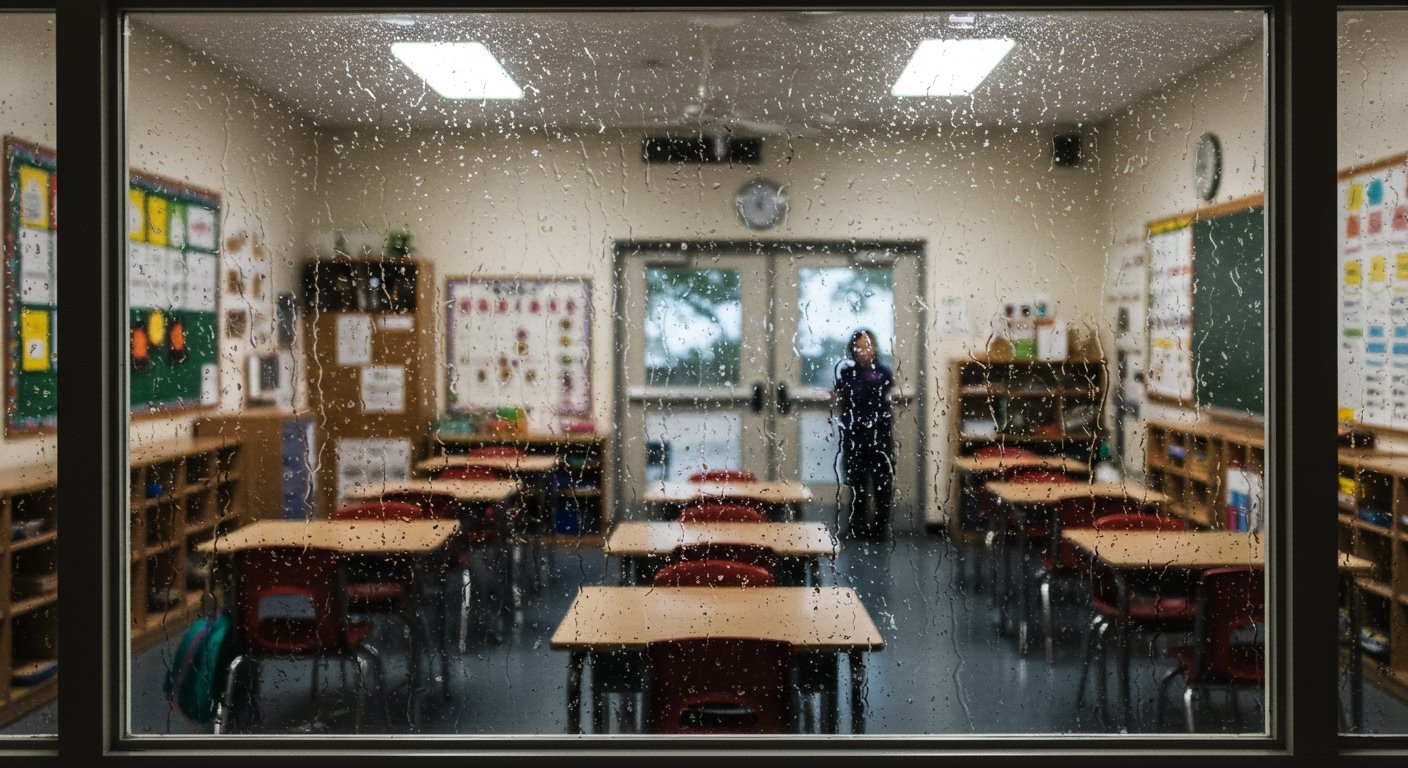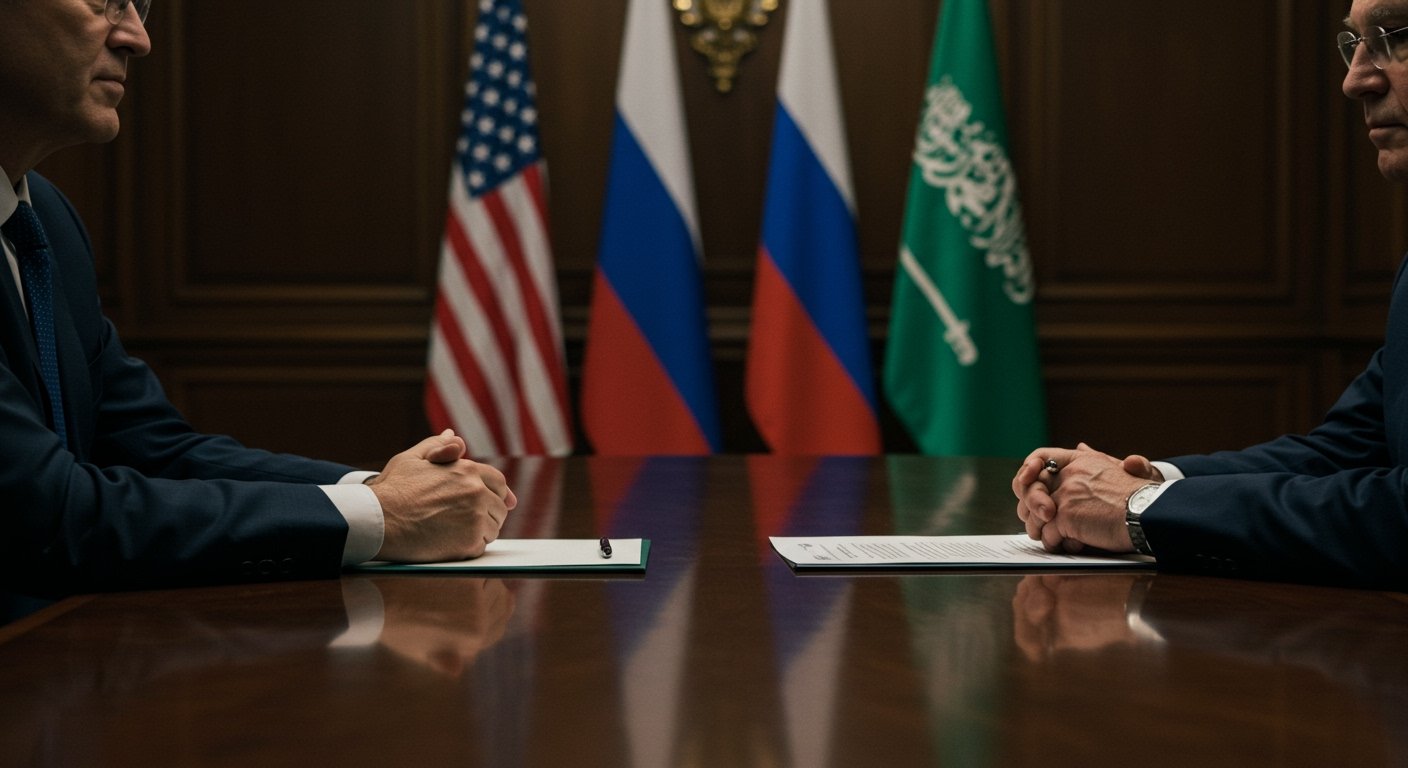Top international news on March 2nd revealed a complex geopolitical landscape, marked by Ukrainian President Volodymyr Zelenskyy’s diplomatic tour in Europe, a deepening humanitarian crisis in Gaza, and significant domestic developments in the United States concerning federal employment and environmental emergencies.
Ukraine Seeks European Support Amidst US Absence
Ukrainian President Volodymyr Zelenskyy engaged in high-level talks in London on March 2nd, meeting with European leaders and King Charles. This visit followed an earlier, reportedly contentious, Oval Office meeting between Zelenskyy and U.S. President Trump and Vice President Vance on Friday. Notably, the United States was absent from the crucial London summit, a point that underscored the shifting dynamics in international efforts surrounding the conflict in Ukraine.
Reports indicate that the United Kingdom and France are nearing an agreement to negotiate a comprehensive peace proposal for Ukraine. Sources suggest this proposal could potentially involve the deployment of allied troops and planes to police a potential ceasefire, aiming to create a secure environment should a cessation of hostilities be agreed upon. The effort signals a significant European initiative to take a more direct role in resolving the conflict.
However, the success of any such proposal appears contingent on broader international backing. The UK Prime Minister reportedly stressed that strong support from the United States is essential to prevent Russia from reattacking Ukraine following any potential peace agreement. The absence of the U.S. from the London talks thus raises questions about the unity of the Western response and the viability of European-led peace initiatives without explicit American endorsement.
Gaza Aid Halted as Israel Presses Ceasefire Demands
The humanitarian situation in the Gaza Strip deteriorated further on March 2nd as Israel ceased all shipments, including desperately needed aid, into the territory. The main border crossing, a critical lifeline for supplies, was described as all but deserted, effectively isolating the enclave and exacerbating conditions for its besieged population.
Israel issued a stark warning, indicating that further consequences would follow if Hamas does not accept a new deal aimed at extending the current ceasefire. The details of the proposed deal remain under intense negotiation, but its rejection by Hamas, coupled with the complete halt of essential supplies, signals a dangerous escalation in the ongoing crisis and adds pressure on international mediators attempting to brokering a sustainable truce.
US Federal Workforce Faces Layoff Fears and Justification Directives
In the United States, federal employees are facing increasing uncertainty regarding their job security. On March 2nd, federal workers were confronting a deadline to respond to a mandatory email instruction them to list five accomplishments from the past week. This directive comes as various government agencies are reportedly preparing for potential large-scale layoffs, fueling anxiety across the federal workforce.
The private sector is also seeing similar pressures. Elon Musk was mentioned in reports as threatening to fire anyone who ignored a second email requiring job justification. This reflects a broader climate of corporate restructuring and performance scrutiny.
Adding another layer to the evolving employment landscape, the Department of Education is reportedly offering certain employees thousands of dollars as an incentive to leave voluntarily. These simultaneous actions across both public and private sectors highlight a period of significant transition and potential downsizing in the American job market.
Wildfires Erupt in the Carolinas
Compounding the day’s news, multiple wildfires erupted across the Carolinas region of the United States on March 2nd. The rapidly spreading blazes prompted immediate evacuation orders in affected areas, displacing residents and threatening property.
The severity of the situation led South Carolina’s governor to declare a state of emergency for the state, mobilizing resources and authorizing necessary measures to combat the fires and support emergency response efforts. The declaration underscores the significant environmental challenge and public safety threat posed by the widespread wildfires.
This March 2nd news cycle reflects a world grappling with interconnected challenges, from the complexities of international diplomacy and conflict resolution to humanitarian crises and domestic economic and environmental strains.










